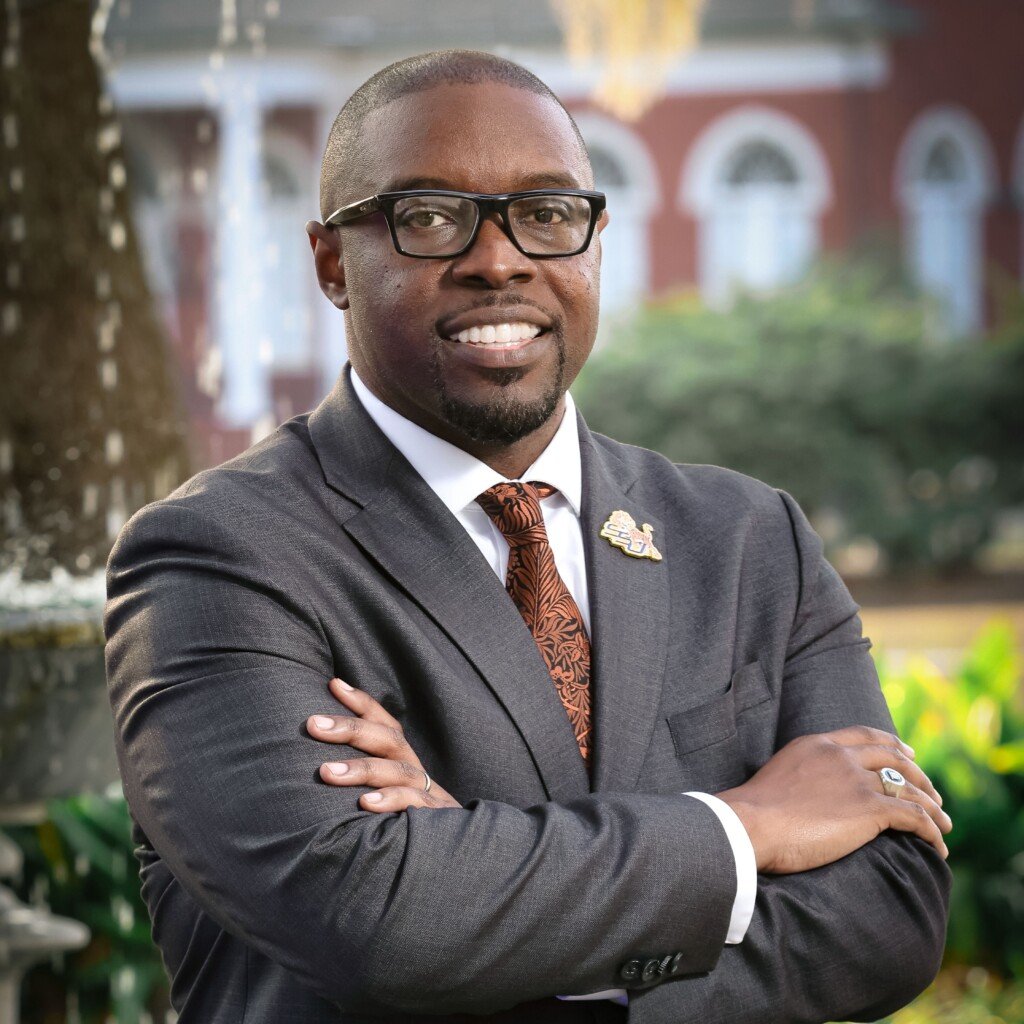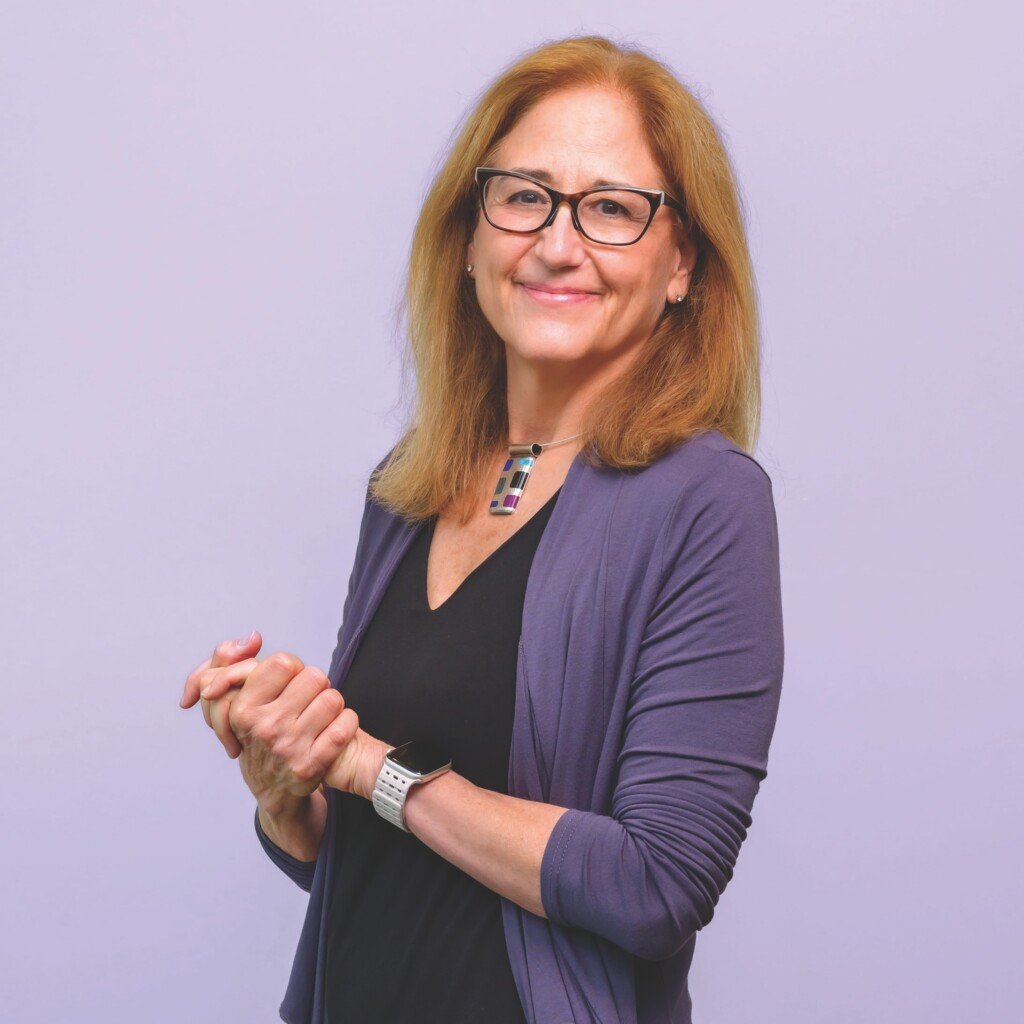Catching up with… Pat McHugh
CEO, Scientific Games
Pat McHugh is CEO of Scientific Games, which provides lottery products and technologies to customers across six continents. It serves nearly every U.S. lottery, which includes 45 states, the District of Columbia, Puerto Rico and the U.S. Virgin Islands.
What is Scientific Games’ current mission and focus?
We are the leading game provider in the global lottery business, serving government-sponsored lotteries, like the Georgia Lottery.
Essentially, we’re the games and technology behind the lottery brand, and the leading provider of lottery scratch games in the world – providing 70% of the lottery scratch games around the globe. That alone is more than a $100 billion annual product. And its purpose is to generate funding for good causes; for instance, with the Georgia Lottery … 100% of the proceeds go … to fund [the state’s] pre-K program and [the Hope Scholarship program].
Our mission is to continue to be the leading provider of games and solutions that help maximize that funding for good causes. We collaborate with 150 government-regulated lotteries across 50 countries. Our job is to provide entertaining games and technology that help lotteries operate their programs and generate the most funding for their good causes.
We are unique in the industry because our games outperform [other providers in] the market, and that’s why we have such a large market share. It’s important for us to continue investing in some of those ways to modernize how the product is sold, using data analytics, and then putting new exciting games out on the digital market.
How does the company contribute to Georgia’s economy and workforce development?
We’ve been located in Georgia since the mid-1970s. We have three instant game facilities in the world, and our largest instant game production facility is right here in [Metro Atlanta], where we have approximately 1,000 employees. So we’re one of the largest workforce employers in Forsyth County.
Those jobs are in addition to manufacturing jobs. We [look for] a lot of different skill sets that we employ across our business. Many of our employees have been with us for decades, which speaks to the development of those employees and the growth that we’ve had. We leverage relationships with Georgia-based suppliers, so we spend about $100 million a year with other companies in Georgia supplying us. We’re proud of that.
What are some key challenges you’ve faced leading a global company from Georgia?
I think the biggest challenge has also been the most exciting. We’ve grown significantly from a very small company 50 years ago to over $1.3 billion in annual revenue last year. … So being able to scale the business and attract great talent has been the biggest challenge for the company.
And it’s been most exciting because we’re a great place to do it. Alpharetta [in] Metro Atlanta is a great place to attract talent. We continue to ramp up resources to make sure we are self-sufficient here … as a standalone, Georgia-based company.
What advice would you give to Georgia’s next generation of business leaders?
I’d start by surrounding yourself with great people, a good team. We’ve got a great employee base here. They’re dedicated [and] hardworking. And what we do generates significant funding for beneficiaries so that everyone in Georgia [can] know that the games we put out are sending kids to college or helping with pre-K programs.
What’s next for Scientific Games?
To continue to think about how we can advance the industry, adapt lottery products and be relevant to our consumers going forward. That’s a key part of it – being able to innovate new games and to continue to ramp up in order to keep growing our company, customers and business as a whole.
We’ve just upgraded a lot of our infrastructure here in Alpharetta, as far as our manufacturing, [and are upgrading] some of our facilities around the world as well. [One goal is] to continue to leverage mobile and internet technology in order to engage more closely with consumers and make games that they buy at retail come alive, like through the [HBO Max series] Game of Thrones or [the] Jurassic Park [movies].






